Climate change has been wreaking havoc on many aspects of human life. One of the most severe effects is the increase in the number of power outages.
Thankfully, you can diversify your energy portfolio by installing a solar energy system at home. You get to tap into nature’s endless supply of free energy to power your appliances, lights, and other household appliances.
A solar panel installation can do it all for you. But how do you even get started?
We want to show you how to install solar panels on your home. Keep reading to learn more!
Key Steps In The Solar Panel Installation Process
When it comes to installing solar panels in your home, it’s important to have an essential solar panel installation guide. The key steps in the process involve:
Assessing Your Home’s Energy Requirements
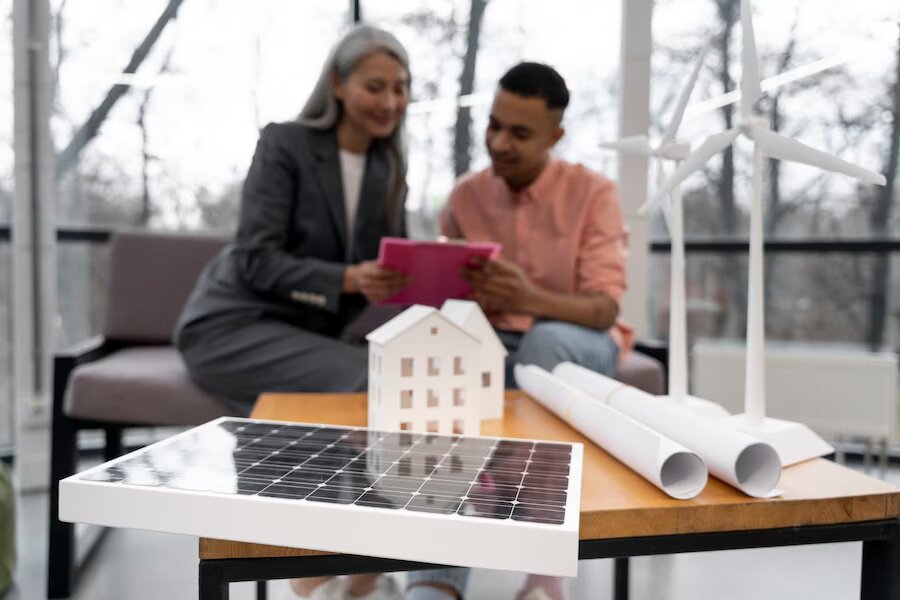
Estimate how much electricity or heat the home needs to generate to run appliances and heat the home. A survey of the home can determine the number of appliances that need to be powered and the types of panel sizes and orientations required.
Check Your Budget
Check your budget and verify your financial capabilities. Being informed of your financial situation will allow you to create a plan that fits within your realistic budget. This is the best way to ensure that you purchase and install panels for the best price possible.
Knowing the budget should also provide a better understanding of the financing options available to them. This includes leasing, taking out a loan, purchasing cash, or combining different types of funding. Don’t forget to research your options and compare all the available choices.
Finding The Right Size Panels
Search for solar panel options that fit your energy requirements and rooftop space. This ensures that the amount of energy they produce is greater than the amount they consume.
The system should also account for any seasonal changes in energy demand. The correct-sized solar panels will help to maximize energy production, leading to cost savings and environmental benefits.
Selecting A Type Of Solar Panel
Different types of solar panels will offer different wattages, efficiency rates, and construction materials. Polycrystalline framed solar panels are becoming increasingly popular due to their affordable price point. They also have a higher efficiency rating compared to other panels of the same size.
Monocrystalline framed solar panels are known for their durability and efficient performance. This allows them to produce the most electrical energy. Their frameless design is aesthetically pleasing and adds to the overall value of your home.
The selection of solar panel type should be based on individual preference and need. It is essential to understand all the options and the pros and cons before committing to a specific type.
Determining The Structure Of Your Solar Array
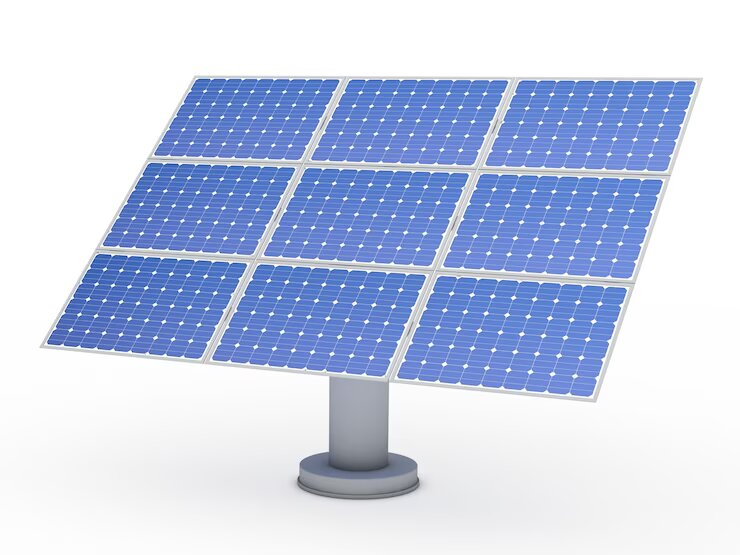
Inspect your roof and map out where the panels will be placed. Considerations such as roof slope, roof materials, roof orientation, and more should then be taken into account.
Once you check for any restrictions or permits that may be required, use a structural engineer’s assessment to recommend the best solar array structure for your home. Always ensure the people you hire to perform the solar array installation have experience and the appropriate licenses.
Installing The System
Make sure that the area where the solar panels will be installed is free from obstructions, such as trees or large buildings. These obstructions could otherwise reduce the amount of sunlight the panels receive.
Mount the panel array to the roof with a mounting system designed to prevent rain from damaging the panels. Connect the solar panel array to an inverter. This will convert the energy produced by the panels into electricity that can be used in the home.
Connect the electrical wiring for the system to the home’s electrical main panel. Ensure that the inverter is calibrated and connected to the local power grid. Once everything is in place, the solar panel system can be switched on and activated.
Research Incentives And Tax Credits
The US Federal government offers a tax credit of up to 26% of qualified expenses for solar panel system installation. The state and local governments can offer additional renewable energy credits as well.
You can receive federal energy tax credits, tax-exempt financing, and utility incentives depending on the state you are in. Be aware of the types of incentives available, as well as what qualifies you for each of these incentives. Research your local policies to ensure that you are taking advantage of all the benefits available for your solar panel installation.
Research about how the credits need to be applied should be done before the installation starts to ensure optimal tax benefits. When researching the various installation options and incentives, you should be aware of the local weather patterns and conditions to identify what type of equipment is best suited.
Having an understanding of the financial incentives available for solar panel installation is key to getting the most out of your solar panel investments.
Apply For The Right Permit
When installing solar panels in a home, it is important to apply for the right permit. The local government typically requires a variety of permits and inspections during the process.
In addition to basic building permits, the government may require additional permits for the type of system being installed and the location. Make sure to research the local regulations and permits required and apply for them. Because failure to do so can lead to costly fines.
Enlisting the help of an experienced solar installer or contractor is recommended to ensure the project is compliant with local laws. With the right permits, you can feel confident that your solar panel installation is safe, legal, and up to code.
Choosing The Right Solar Company

When searching for solar panel installers, the first and most important step is to choose a reputable and experienced solar company. It’s important to look closely at a company’s customer service history. Check also the quality of their equipment and the extent of the warranties they offer.
The company you choose should be willing to answer all your questions and offer you technical support. They should also provide detailed plans for system design, installation, and maintenance. Request for bids from several companies.
Read reviews about each one to ensure that you’re getting the best value for your money. The company should provide an energy analysis to accurately determine the solar panel size and configuration necessary for your home. Finding a quality solar company will ensure that your solar panel system is properly installed and running safely, saving you energy and money for years to come.
Tips For Keeping Your Solar Panel System In Optimum Working Order
Installing a solar panel system is an exciting process. To ensure that your solar panel system remains in optimal working order, there are a few tips to keep in mind.
First, regular cleaning of the panel’s surface will help increase efficiency and help reduce system slowdown. Checking the voltage output and systems performance regularly is important to minimize any issues that arise.
A qualified electrician should conduct an annual inspection. They need to investigate potential underlying problems and ensure the system is safe to operate. Remember that clogged panels, loose connections and shifting components can reduce efficiency.
Proper maintenance of the wiring should be done regularly to ensure its long-term life. Ensure to add also the most up-to-date solar panel inverter. To maximize sunlight absorption, panels should be correctly angled and adjusted. With this, a safe and effective system can be created and long-term sustainability ensured.
Benefits Of Solar Panels
Altering your home to accommodate solar panels may be an upfront cost, but on average, you’ll be saving thousands of dollars from energy costs alone. Solar panel systems are a reliable and clean source of electricity throughout the year. They are silent and emit no emissions or greenhouse gases.
Reduce Energy Bills
Solar panels offer the ability to reduce energy bills and even become entirely energy independent. They use the sun’s energy to generate electricity. They do not require any fuel, so there is no need to source carbon-based fuel.
Independent Power Source
Solar panels are independent of fluctuating weather patterns. They also do not rely on municipal power lines. This is why they can provide electricity to homes and communities that don’t have access to other forms of energy generation.
Add Home Value
Solar panels can add value to your home. This is because potential buyers appreciate the potential cost savings they will have after installation. Solar panels also require minimal maintenance, making them a long-term investment for households and businesses.
Indeed, solar panel installation will continue to outweigh its cost. So consider to go green with solar energy today!
Like What You’re Reading?
Sign up for Tips & Tricks newsletter for expert advice to get the most out of your technology
Make The Switch Today
Solar panel installation may sound daunting, but this guide will equip you with the necessary information to make educated decisions. Research, planning, and budgeting are important steps in a successful installation.
With all the benefits solar power offers, now is the time to take advantage and make the switch! Don’t miss out – contact a professional for a free consultation today!
Visit our blog for more tips on going green.
Read Also:











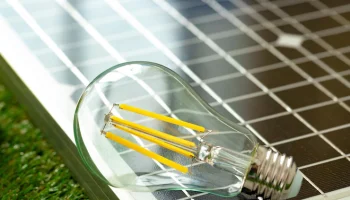

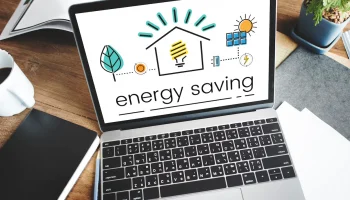


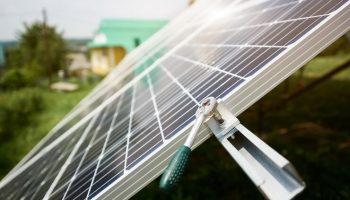










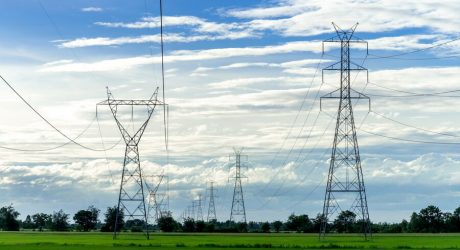
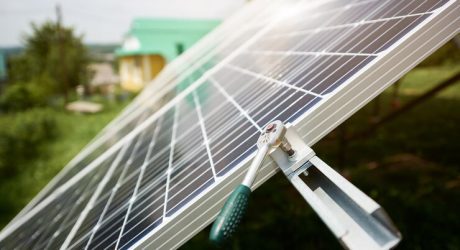
Archer Jamison
May 17, 2023 at 1:22 pm
The blog post on RSL Online about the solar panel installation guide for homeowners is a helpful and informative resource for individuals who are considering installing solar panels on their homes. I appreciate how the article provides a step-by-step guide to the solar panel installation process. It starts with explaining the importance of assessing your home's suitability for solar, considering factors such as roof orientation, shading, and structural integrity. This initial evaluation helps homeowners determine if their property is suitable for solar panel installation. The article covers the permitting and paperwork requirements, which is a crucial aspect often overlooked by homeowners. By highlighting the importance of obtaining the necessary permits and following local regulations, the article helps readers navigate the administrative aspects of solar panel installation. I found the section on choosing the right solar panel system to be informative. It discusses important considerations such as panel type, size, and efficiency. By providing insights into different options available, including monocrystalline and polycrystalline panels, readers can make informed decisions based on their specific energy needs and budget. The inclusion of a discussion on hiring professional installers versus DIY installation is valuable. It presents the pros and cons of each approach, emphasizing the importance of ensuring a safe and proper installation. This information helps homeowners evaluate their capabilities and make an informed choice regarding the installation method. Furthermore, the article touches upon important aspects of the installation process, such as mounting the panels, electrical connections, and system grounding. It provides a basic understanding of these technical considerations, although it's important to note that consulting with a professional installer is recommended for a thorough and compliant installation. One suggestion for improvement would be to include more information on the financial aspects of solar panel installation. Discussing topics such as available incentives, financing options, and potential return on investment would provide readers with a more comprehensive understanding of the financial implications and benefits of going solar. Overall, the blog post from RSL Online offers valuable guidance on solar panel installation for homeowners. It covers essential steps, considerations, and decisions to be made throughout the process. Well done to RSL Online for providing this informative resource to assist homeowners in their solar journey!